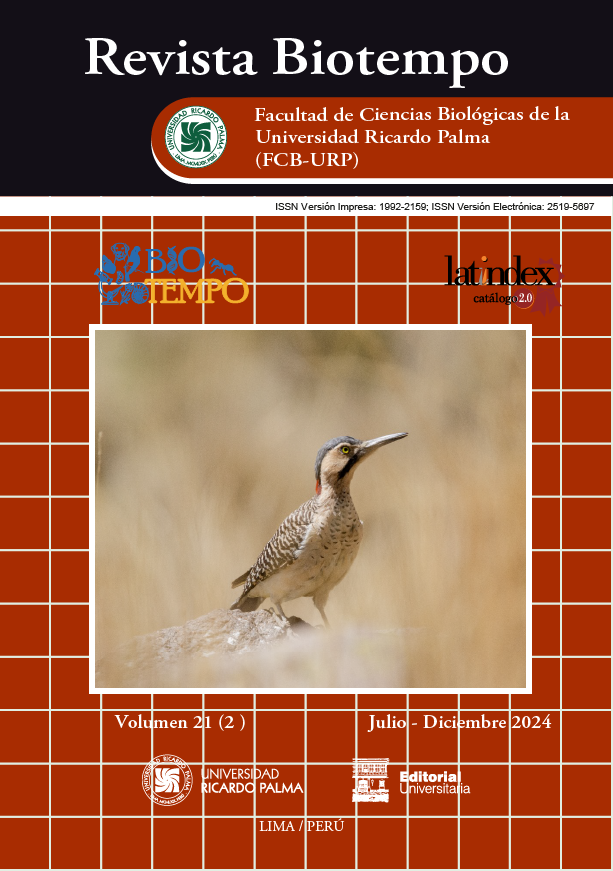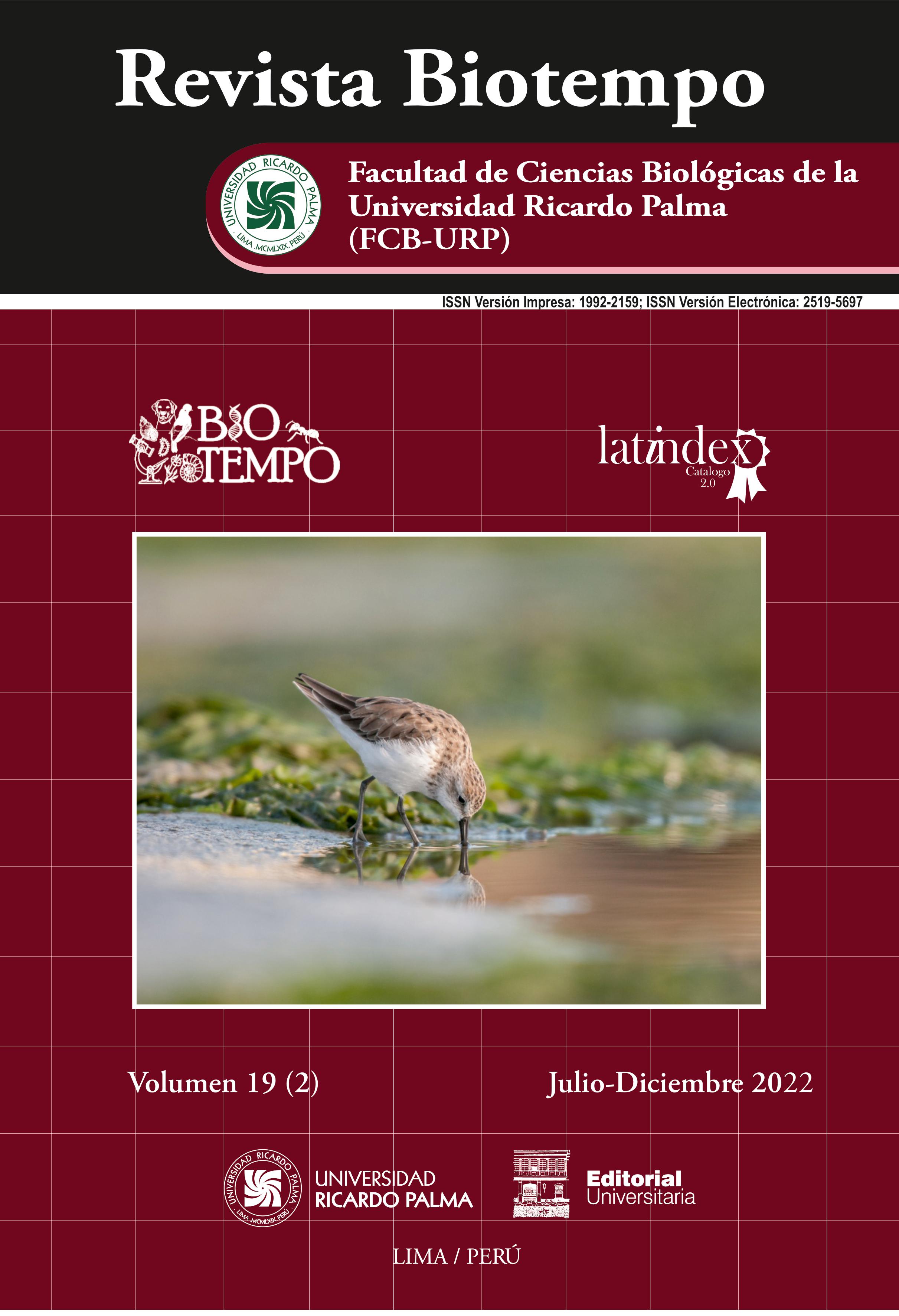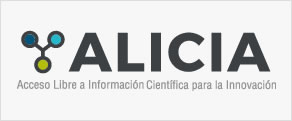Virtual mapping system for the regional geographic teaching-learning process
DOI:
https://doi.org/10.31381/biotempo.v21i2.7017Keywords:
Geographic Information Technology, geography, Information and Communication Technology, map, regional geographicAbstract
Map interpretations through graphic representations provide the learner with a spatial understanding of phenomena, processes or events occurring in the territory. The objective of the research is to propose a system of virtual maps for the study of Regional geographic the first year of the Bachelor's Degree in Education - Geography, at the Central University "Marta Abreu" of Las Villas, Villa Clara, Cuba. For the development of the research, methods of information collection and processing of the collected information were used, among which the following stand out: participatory observation, document review, survey, interview, expert criteria, historical-logical, analytical-synthetic, deductive-demonstrative, systemic-structural, ascent from the abstract to the concrete, and modeling. Statistical and mathematical methods are also used. The selected sample consisted of 12 students corresponding to the enrollment of the 3er year of the Regular Day Course of the Bachelor's Degree in Education. Geography and 10 professors from different universities in Cuba. The system was evaluated by experts as pertinent, and it was introduced.










